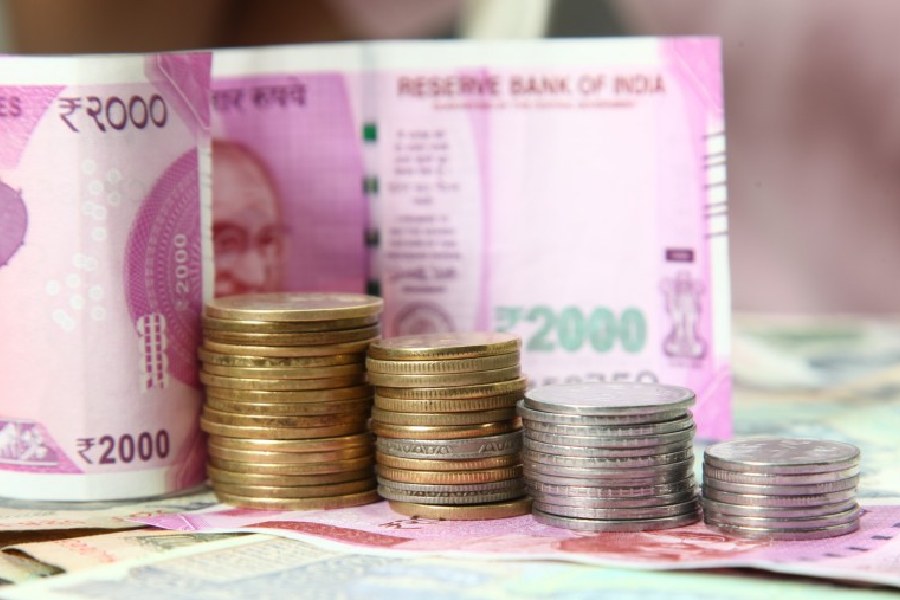Saving a bit of Indian history in London

Narendra Modi ought to instruct the Indian High Commission in London to do everything possible to save the India Club, located just across the road at 143 Strand, from "modernisation".
This is the place from where Krishna Menon, who became the Indian high commissioner in 1947, and like-minded wri-ters, intellectuals and politicians, many of them English, masterminded India's freedom struggle.
His portrait still hangs on the wall of the canteen, which continues to serve delicious bhuna lamb and masala dosa.
The place is not really a club because the restaurant, part of the Strand Continental Hotel, is open to the public.
The worrying news is that the landlords, who are sitting on prime property, have submitted an application to Westminster Council "for comprehensive modernisation that would result in the loss of its current usage". They apparently want to get rid of the canteen on the second floor and the sitting room on the first.
I was there when Shashi Tharoor visited the venue in 2007 to present photographs of his late father, Chandran Tharoor, who had lived in London from 1948 to 1958 and was among the young men who clustered around Krishna Menon.
Shashi, who should lead the rescue campaign, described the India Club as "a little oasis for Indians and particularly for newspaper people", while his sister Smita recalled, "I grew up in India on stories my father told me about the India Club."
Canteen staff once upon a time included a Polish lady and a waiter, "Joseph", who kept me informed of people movements: "Do you know the Indian foreign minister is in London? - he came for lunch with the high commissioner. And your younger brother was here last week."
Nowadays, we use the sitting room for meetings of the Indian Journalists' Association, which was established on May 29, 1947. What is evocative about this piece of Indian history is that it has a slightly shabby, worn look, much beloved of journalists.
The India Club is a symbol of our freedom struggle worth saving.
London Puja

• Once so strict were the rules of Hinduism that travelling across the “black waters” constituted a transgression that could get you excommunicated — as happened to Lord (Satyendra Prasanno) Sinha when the eminent lawyer visited his furious father in Raipur after returning home from England. But I suppose the rules don’t apply when “Mother” herself is making the journey.
Anyway, I am happy to report that Durga, accompanied by Ganesh, Saraswati, Lakshmi and Kartik, has safely made the six-week sea voyage from craftsman Proshanto Pal's care in Kumartuli via Calcutta to Southampton port, and thence by lorry to the Bengali Probashi group in Hounslow, west London, in time for the Pujas.
The deities encountered no visa problems at immigration.
Probashi president Debabrata Das is excited that "our nuton idol - 9-foot high, 19-foot long and 3.5-foot wide - is the biggest by volume outside India. We are expecting 8,000-10,000 people."
Mumbai minus

• Spare a thought for Arundhati Bhattacharya, the first woman chairman of the State Bank of India who was at the London Stock Exchange last week to preside over its market opening.
She is a remarkable lady, lucid and eloquent, who studied English Literature at Lady Brabourne College and Jadavpur University. Forbes ranked her among the 25 most powerful women in the world.
She retires on October 6 after four years as chairman.
Any plans for the Pujas, I asked.
"If you are living in Mumbai, Puja is something that happens and you don't even get to know about it," she laughed. "When my child was in school, I used to feel very sad that she used to have her exams exactly during this time. In Mumbai, you have Ganpati and then Diwali and in between comes the Pujas - it's much more of a Bengali concept. There will be a few (Pujas) that will be in Mumbai and those I plan to visit."
Cancer watch
• Summer in England has slipped qui-etly into autumn, bringing a sense of passing time.
I mention this because a popular Labour politician, Dame Tessa Jowell, who helped bring the 2012 Olympics to London as the culture secretary, has marked her 70th birthday by announcing she has been diagnosed with brain cancer but that she "looks forward to finding ways to make better, longer lives for (other) people with cancer".
In the UK, people in public life, especially politicians, are commendably open about it when they get cancer.
Tittle tattle
• Memo to my friend Gopal Gandhi, once director of the Nehru Centre in London: "All well reference your touching piece on Vikram Seth 25 years after the publication of A Suitable Boy . As I reported in May, the BBC is turning it into a TV series."










